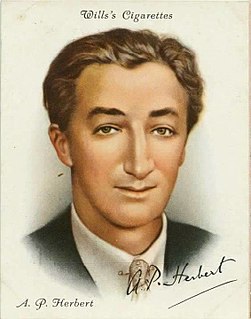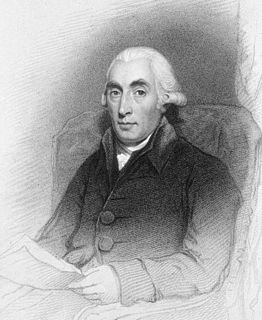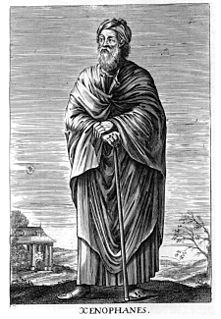A Quote by A. P. Herbert
The rain is plentious but, by God's decree,
Only a third is meant for you and me;
Two-thirds are taken by the growing things
Or vanish Heavenward on vapour's wings:
Nor does it mathematically fall
With social equity on one and all.
The population's habit is to grow
In every region where the water's low:
Nature is blamed for failings that are Man's,
And well-run rivers have to change their plans.
Related Quotes
Salt water when it turns into vapour becomes sweet, and the vapour does not form salt water when it condenses again. This I know by experiment. The same thing is true in every case of the kind: wine and all fluids that evaporate and condense back into a liquid state become water. They all are water modified by a certain admixture, the nature of which determines their flavour.
The sun, moving as it does, sets up processes of change and becoming and decay, and by its agency the finest and sweetest water is every day carried up and is dissolved into vapour and rises to the upper region, where it is condensed again by the cold and so returns to the earth. This, as we have said before, is the regular course of nature.
I think the most common meme is that it's too difficult to change. It's too risky to change. My nature doesn't allow me to change. When you're thinking that, you're not understanding what your nature is. All of us come from this place of well-being, love, and kindness. But we've taken on these other things, and we think that they're our nature. Our nature really is to be like God.
What I have related is sufficient for establishing the main principle, namely, that the heat which disappears in the conversion of water into vapour, is not lost, but is retained in vapour, and indicated by its expansive form, although it does not affect the thermometer. This heat emerges again from this vapour when it becomes water, and recovers its former quality of affecting the thermometer; in short, it appears again as the cause of heat and expansion.
Nature is out there, and we can do what we like to it. We can cut down the rain forest. We can put animals in factory farms and slaughter them as we like. We can over-fish the oceans. We can pollute the rivers. We can pollute the water and change climate. We are somehow superior to nature. We are somehow rulers of nature.
The sea is the source of water and the source of wind; for neither would blasts of wind arise in the clouds and blow out from within them, except for the great sea, nor would the streams of rivers nor the rain-water in the sky exist but for the sea ; but the great sea is the begetter of clouds and winds and rivers.
Ordinarily rivers run small at the beginning, grow broader and broader as they proceed, and become widest and deepest at the point, where they enter the sea. It is such rivers that the Christian's life is like. But the life of the mere worldly man is like those rivers in Southern Africa, which, proceeding from mountain freshets, are broad and deep at the beginning, and grow narrower and more shallow as they advance. They waster themselves by soaking into the sands, and at last they die out entirely. The farther they run the less there is of them.
When God calls a man, He does not repent of it. God does not, as many friends do, love one day, and hate another; or as princes, who make their subjects favourites, and afterwards throw theminto prison. This is the blessedness of a saint; his condition admits of no alteration. God's call is founded upon His decree, and His decree is immutable. Acts of grace cannot be reversed.God blots out His people's sins, but not their names.
God is true. The universe is a dream. Blessed am I that I know this moment that I have been and shall be free all eternity; ... that I know that I am worshiping only myself; that no nature, no delusion, had any hold on me. Vanish nature from me, vanish these gods; vanish worship; ... vanish superstitions, for I know myself. I am the Infinite. All these - Mrs. So-and-so, Mr. So-and-so, responsibility, happiness, misery - have vanished. I am the Infinite. How can there be death for me, or birth? Whom shall I fear? I am the One. Shall I be afraid of myself? Who is to be afraid of whom?





































